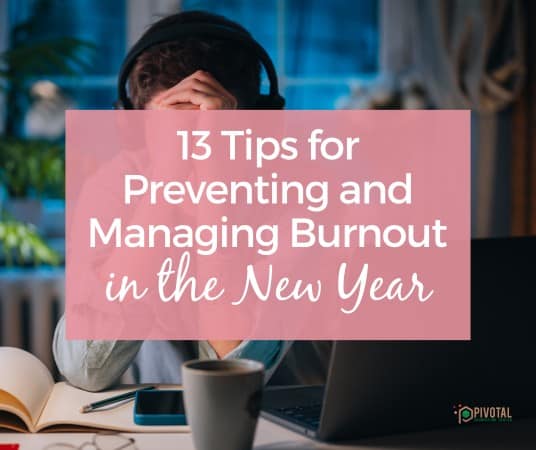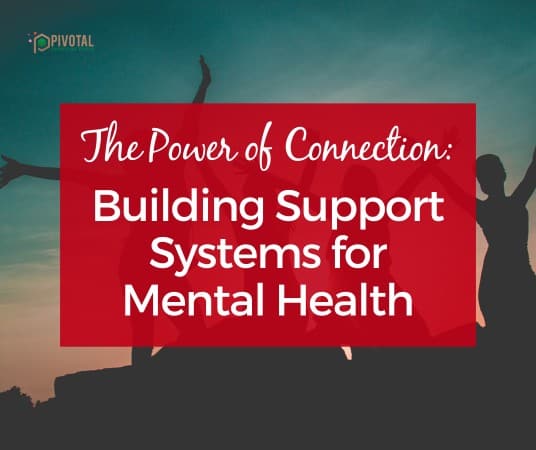
No couple wants to hear that they are going to go through stressful times. In reality, though, ups and downs are much more common than we’d like to think. In order to make sure that your relationship stays strong you need to understand how to take care of your partner and yourself during times of stress.
Stress is terrifyingly silent when it creeps into a relationship.
Does this scenario sound familiar?
You don’t even realize why you’re snapping at each other, uncomfortable with each other, or simply not enjoying being around your special someone. There’s no clear, tangible reason why, so we just blame it on the other person being distant, or something similar.
In reality, the cause of most of these feelings is stress. Whether it’s your stress or your partner’s, it can make a home for itself in the middle of your relationship and you might not even realize it.
Understand what causes your stress (and/or your partner’s stress):
The first step to fighting the negative effects of stress on your relationship is to understand what is causing the stress. Is it something in your life that is causing your stress? Is it something in your partner’s life? Talk openly about the stressors so that you can identify them and move on to dealing with it together.
Talk about it:
Talking about your stressors (past and present) is critical. It helps your partner understand where you are, emotionally, and allows them to become part of your life. and It also allows you to be part of their life again. Talking about stress and even planning on how to deal with it can make you feel as though you are getting closer instead of further apart. Understanding your feelings in regards to your partner (and vice versa) gives you the power to keep pushing through the problem.
Strengthen your emotional resilience:
This can help you work through the problem on your own, as well as together. Emotional resilience is the strength that you possess to overcome the stress and hard times. You can strengthen this by surrounding yourself with a support network, seeking counseling (alone and with your partner), and making sure that you continue to communicate with your partner.
Always change together:
Helping your partner through a stressful time – whether it’s yours or theirs – means that you need to be a team, above and beyond everything else. You are one unit as a relationship and when you work together to fight through to the other side, you will be stronger for it. You’ll be able to take on the world stronger and better because changing together (even when you need to go through your own personal changes) will give you a stronger bond. You’ll be able to share pride and love, and the warm fuzzies will be back in your relationship, better than ever.
Give it time:
The thing with stress is that– like all bad things – it will pass. Stay as strong and positive as you can and you’ll find that the stress will pass in its own time. Depend on your partner and help each other through hard times. Take comfort in the fact that you are always there to cheer each other on and get through to the good parts once again. Allow your relationship to grow and progress and you’ll see the bright side once again.
The key element to remember when it comes to taking care of your partner during a stressful time is that it is possible. There is a reason that you are in a committed relationship with this person, even if you lose sight of that once in a while. You need to have faith in them, take care of them, allow them to take care of you, and keep pushing through to the happy times that are on their way to you. You’ll be stronger for it in all of the ways that count.
Pivotal Counseling Center has therapists who work with couples and specialize in couples counseling and relationship issues. We have locations in Woodstock, Illinois, and Lake in the Hills, Illinois. If you are in need of someone to help, please consider giving us a call at (815) 345-3400.
Pivotal Counseling Center is now accepting Medicaid including Blue Cross Community Medicaid, Meridian Medicaid, and Molina Medicaid for outpatient counseling.









